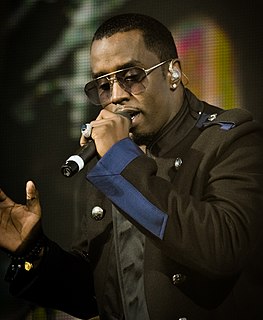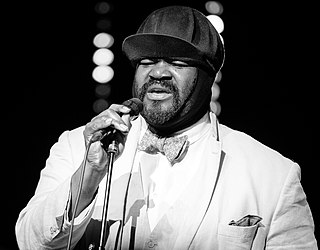A Quote by Amit Trivedi
My mother sang. But back in the day, it was looked down upon if the lady of the house wanted to sing in public. So, she couldn't pursue her musical aspirations.
Related Quotes
She turned back to Jace. "Do you have to be so-," she began, but stopped when she saw his face. It looked stripped down, oddly vulnerable. "Unpleasant?" he finishes for her. "Only at days when my adoptive mother tosses me out of the house with instructions never to darken her door again. Usually I'm remarkably good-natured. Try me on any day that doesn't end in y.
The woman turned and went slowly into the house. As she passed the doors she turned and looked back. Grave and thoughtful was her glance, as she looked on the king with cool pity in here eyes. Very fair was her face, and her long hair was like a river of gold. Slender and tall she was in her white robe girt with silver; but strong she seemed and stern as steel, a daughter of kings.
My father was a dark-skinned brother, but my mother was a very fair-skinned lady. From what I understand, she was Creole; we think her people originally came from New Orleans. She looked almost like a white woman, which meant she could pass - as folks used to say back then. Her hair was jet-black. She was slim and very attractive.
My mother wanted to be a mother. That's the only thing she wanted from the bottom of her heart. She didn't want to be the number one actress - which she was - and she didn't want to be this great legend. All she wanted to be was a mother and she did but God took her away. So I always will empathise and sympathise with women.
I definitely get my artistry and my vocal talent from my mother and mother's side. She sang in a jazz trio band so growing up my dad would always take me to see her play and she has a beautiful voice. When I was little and started to sing, she supported me and let that fire burn. She always knew what it took as a support system.
It is an important distinction to note that she looked not only as if she had taken good care of herself, but that she had good reason to have done so. (...) She looked to be in such total possession of her life that only the most confident men could continue to look at her if she looked back at them. Even in bus stations, she was a woman who was stared at only until she looked back.
And when she started becoming a “young lady,” and no one was allowed to look at her because she thought she was fat. And how she really wasn’t fat. And how she was actually very pretty. And how different her face looked when she realized boys thought she was pretty. And how different her face looked the first time she really liked a boy who was not on a poster on her wall. And how her face looked when she realized she was in love with that boy. I wondered how her face would look when she came out from behind those doors.
He bent, lips coming to mine and — 'Derek? Chloe?' It was Kit, opening the back door. Derek let out a low growl. 'Never fails.' I turned to Kit. 'How is she?' 'We’re going to take her back to the house now. She’s unconscious again.' 'Then we’ll walk back,' Derek said. 'Give you room in the van to lay her down.' His dad agreed and went back inside. As we walked toward the steps, I looked down at Derek’s hand, holding mine. 'No one’s around,' he said. 'And we can take the back way.' 'Good,' I said, and entwined my fingers with his.
In almost every musical ever written, there's a place that's usually about the third song of the evening - sometimes it's the second, sometimes it's the fourth, but it's quite early - and the leading lady usually sits down on something; sometimes it's a tree stump in Brigadoon, sometimes it's under the pillars of Covent Garden in My Fair Lady, or it's a trash can in Little Shop of Horrors... but the leading lady sits down on something and sings about what she wants in life. And the audience falls in love with her and then roots for her to get it for the rest of the night.
Abra DeMadrigal didn't look young enough to be my sister anymore. Her sorrow weighed her down and aged her. She was still beautiful, but she looked very far away. No wonder our people had raven eyes, so distant, so sad. No matter how wise she was, my mother looked like a woman who hadn't truely believed how much evil there was in our world. Not until this moment.







































